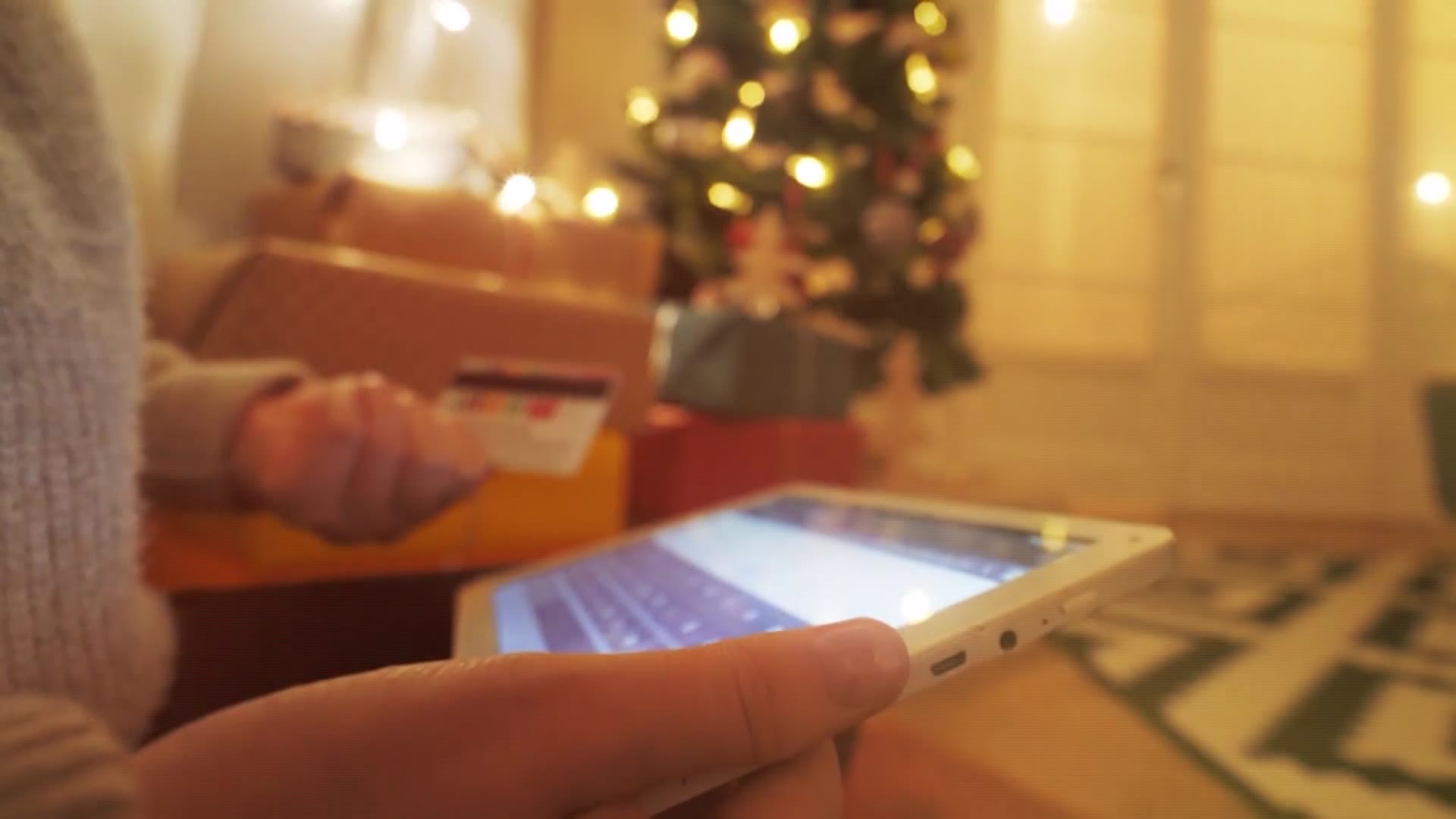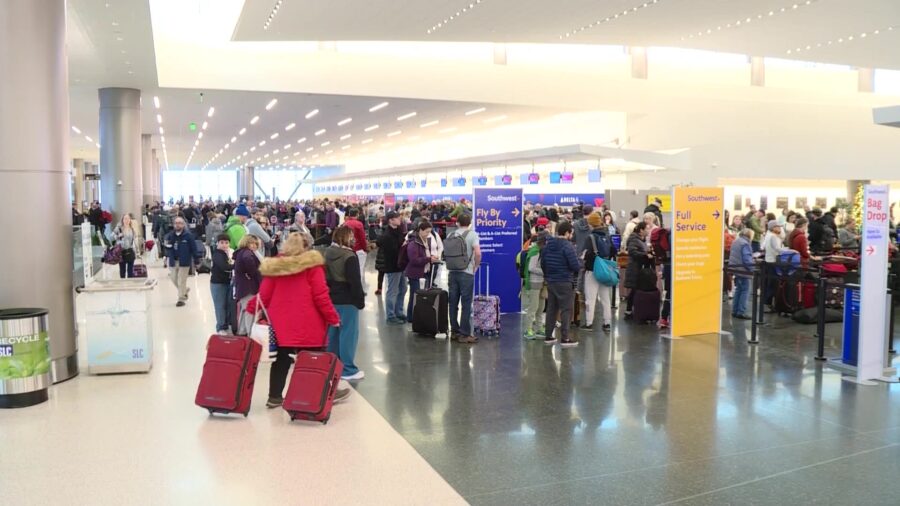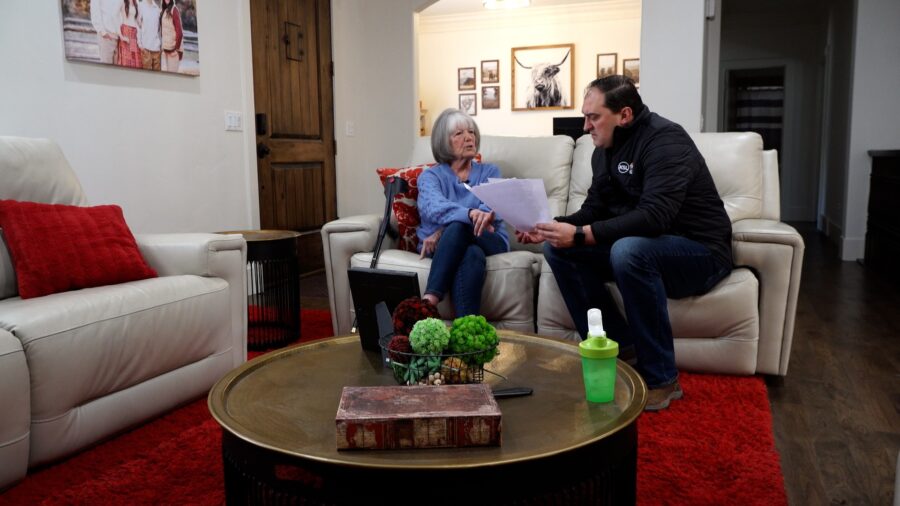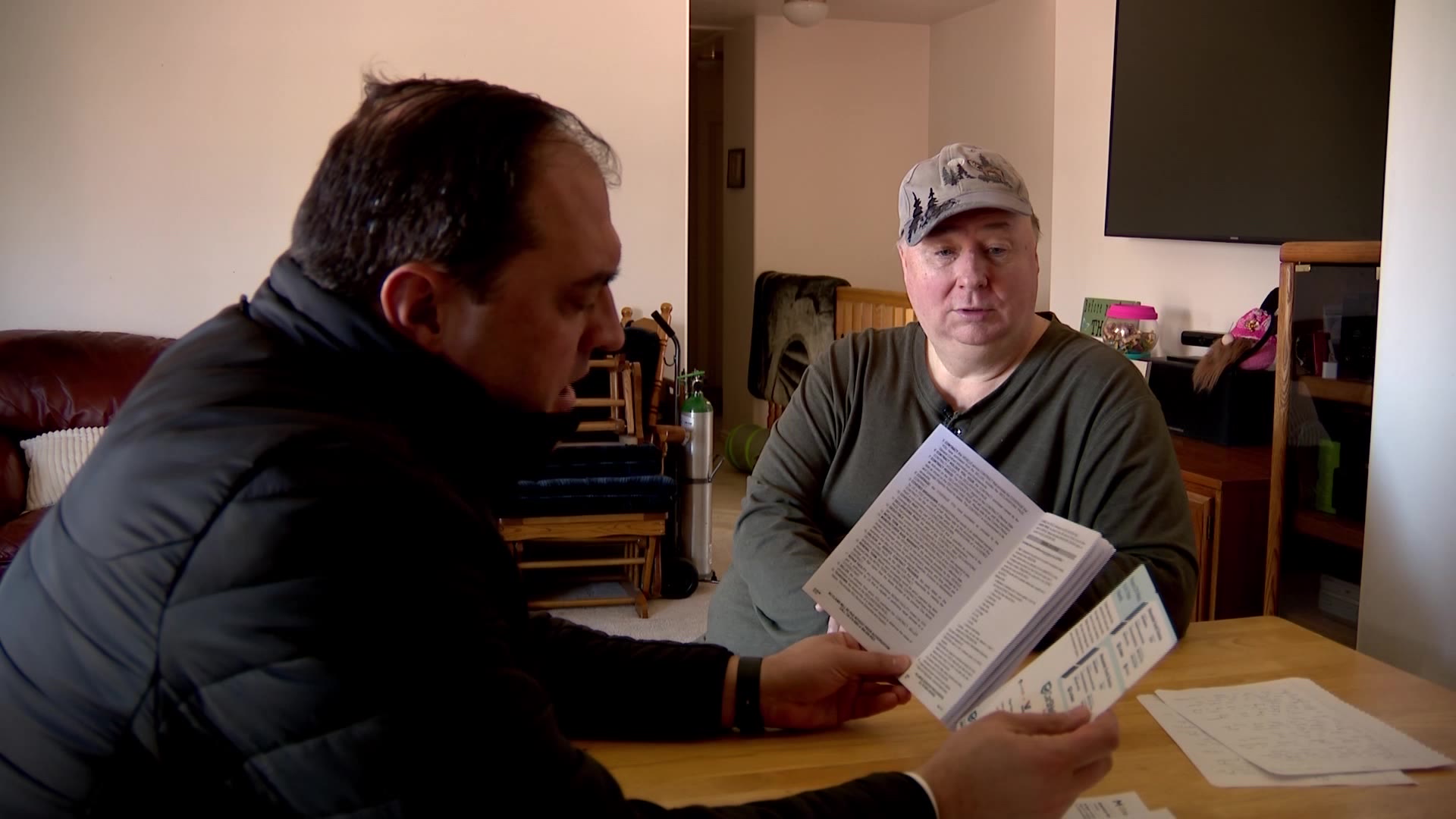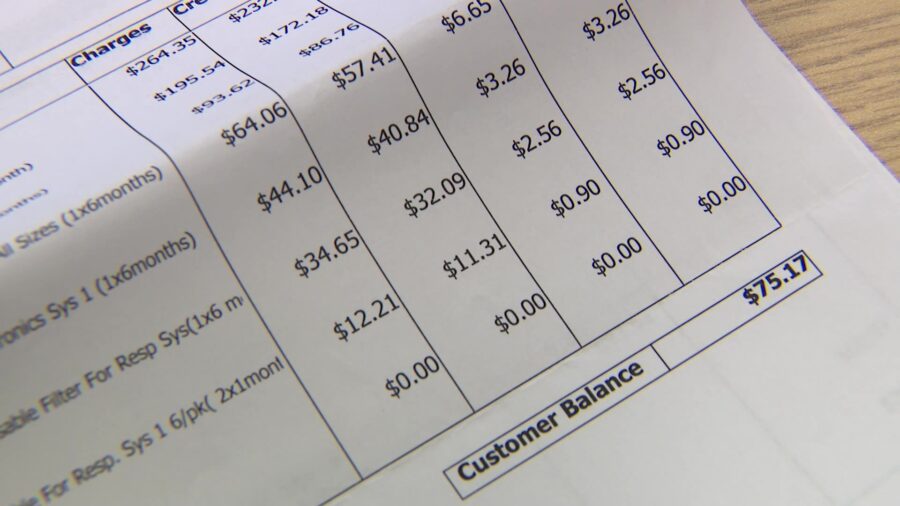Proposed solution to Utah’s low sexual assault prosecution rates stalls in legislature
Feb 23, 2022, 10:31 PM | Updated: Jun 13, 2022, 4:52 pm
SALT LAKE CITY – Only a fraction of sexual assaults reported in Utah are prosecuted, and a potential solution proposed in the legislature this session is not likely to advance.
Research indicates a majority of sexual assaults in Utah go unreported, yet Utah’s rape rate remains above the national average.
A KSL Investigation into Utah’s low sexual assault prosecution rates found poor tracking and reporting throughout the state’s criminal justice system make it difficult to know the true scope of the problem.
“When we think, ‘Alright, we are one of the worst states in the country for rape cases, what can we do to change this?’ We have to look at what are our laws,” said Dr. Julie Valentine, a BYU nursing professor at the forefront of sexual assault research in Utah.
Valentine has worked closely with Rep. Angela Romero, D-Salt Lake City, who is sponsoring HB98, a bill introduced in the legislature this year that would give prosecutors another option.
Utah law currently allows charges for first-degree felony rape, which requires prosecutors to prove a victim resisted or said no. The next available charge is sexual battery, a misdemeanor. HB98 would create a third-degree felony charge of sexual conduct without affirmative consent, which would apply in instances in which a victim did not explicitly give consent.
“We would be able to capture those cases where a victim is unable to say no,” said Valentine. “They might be incapacitated, they might be a drug facilitated sexual assault, they might be experiencing something called tonic immobility or rape freeze syndrome, where the fear is so extreme that they’re unable to react and push back to indicate no or to say no, but they did not agree to this sexual assault.”
The Utah Association of Criminal Defense Lawyers has opposed the measure. Attorney Steve Burton cited concerns that affirmative consent is not a broadly understood concept.
“It goes against kind of the principles of responsibility, the principles of criminal justice that that we hope to protect,” he said. “In order to make someone a criminal, in order to convict somebody, and potentially sentenced them to jail or prison, we want to make sure that they’re doing so because they’re doing something that they know is wrong. And this bill goes a step too far because it criminalizes things that people may not understand is wrong.”
Valentine said the bill is patterned after laws that have worked well in other states.
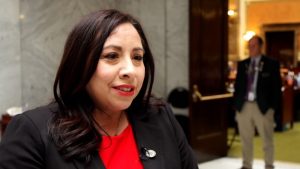
Rep. Angela Romero, D-Salt Lake City, is sponsoring HB98, a bill introduced in the legislature this year that would give prosecutors another option.
“This really would be a first step to reduce sexual violence in our state by being another tool in a prosecutor’s toolbox for prosecuting sexual assault cases,” said Valentine.
But it’s a step Utah’s lawmakers have been slow to consider this session. The bill has yet to be heard in a committee.
“It’s probably not going to move this session,” said Romero.
A nearly identical bill – also sponsored by Romero – failed last year. But she says she won’t give up, pointing to other sexual assault related measures she’s sponsored that have passed.
Romero and Valentine worked together on the legislation that forced the state to finally test a backlog of shelved sexual assault kits. She also had success in 2020 with a bill declaring that previous consent does not constitute consent during future sexual interactions.
“You know, it’s frustrating for me, but also, it’s about education and awareness and shifting how we view things,” she said.
Romero plans to work on the bill over the summer and try again.
If you have experienced sexual violence, you can access help and resources by calling Utah’s 24-hour Sexual Violence Helpline at 1-888-421-1100. You can also call the Rape Recovery Center Crisis Line at 801-467-7273 or the National Sexual Assault Hotline at 1-800-656-4673 for free, confidential counseling.


